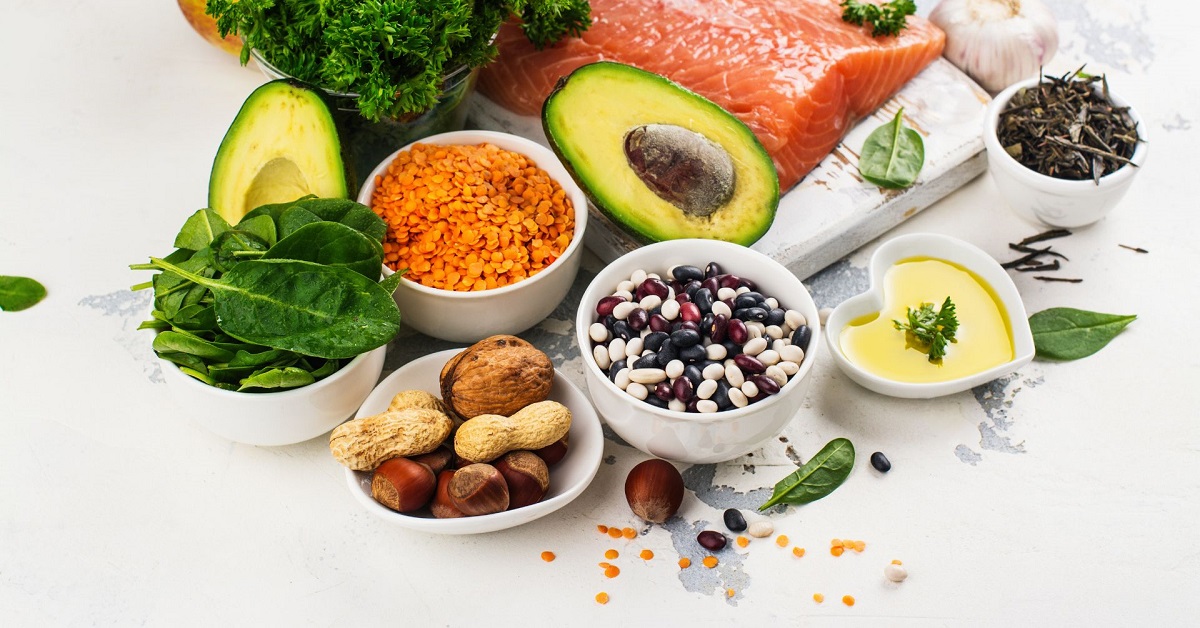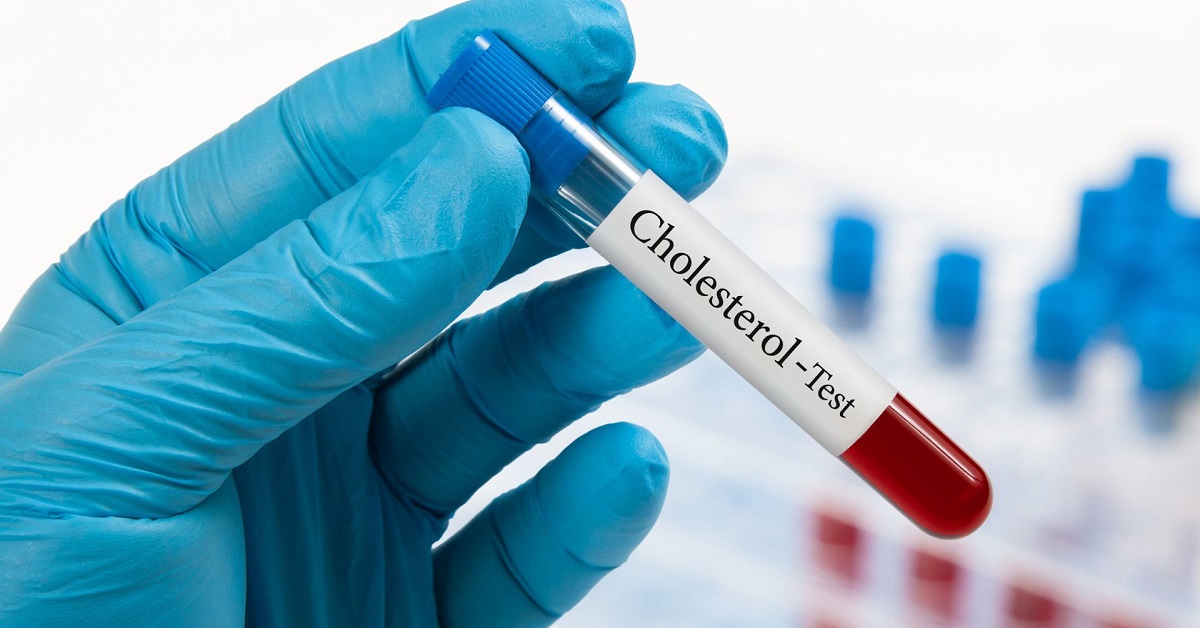Chemist.net Cookie Policy : We use cookies to enhance your user experience. To find out more please view our cookie policy
How Can You Maintain Good Cholesterol?

Your liver produces cholesterol, a waxy, fat-like material. It's essential for the production of various hormones, vitamin D, and cell membranes. Since cholesterol does not dissolve in water, it cannot move independently through your body. Continue reading for more information on symptoms of high cholesterol and how to manage it.
What are the symptoms of high cholesterol?
When there is too much of the fatty molecule known as cholesterol in your blood, you have high cholesterol. It is primarily brought on by consuming fatty foods, failing to exercise regularly, being overweight, smoking, and drinking alcohol. Moreover, it can run in families.
Typically, high cholesterol has no symptoms. The majority of the time, it can however result in emergencies. For instance, the damage brought on by high cholesterol can result in a heart attack or stroke.
Usually, these things don't happen until your arteries start to build up plaque as a result of excessive cholesterol. Atherosclerosis can make arteries smaller, allowing for less blood flow. Your artery lining's structure changes as a result of plaque formation. There might be severe complications from this.
The only way to determine if your cholesterol is too high is through a blood test.
How do I know if I have bad cholesterol?
A blood test called a lipid panel makes it relatively simple to diagnose high levels of bad cholesterol. Blood will be sampled by a doctor and sent to a lab for evaluation. However, you must fast for at least 12 hours before the test.
Your total cholesterol, LDL cholesterol, HDL cholesterol, and triglycerides are all measured by a lipid panel.

How can you ease high cholesterol symptoms?
To lower your cholesterol, try to limit your intake of fatty foods, especially those that contain saturated fat.
You can still consume foods that are high in unsaturated fat, a more beneficial type of fat. Read food labels to determine the sort of fat that is present.
Try to eat more:
- Oily fish, like mackerel and salmon
- Nuts and seeds
- Brown rice, bread, and pasta
- Fruits and vegetables
Try to eat less:
- Butter, lard, and ghee
- Cakes and biscuits
- Food that contains coconut oil or palm oil
- Meat pies, sausages, and fatty meat
- Cream and hard cheese, like cheddar
Exercise more
Set a target to exercise for at least 150 minutes (2.5 hours) a week.
When you're starting out, the following suggestions are beneficial to try:
- Walking – try to walk fast enough that your heart begins beating faster
- Cycling
- Swimming
Find a workout you enjoy by trying a few different ones. If you enjoy it, you're more inclined to keep doing it.
Stop smoking
Smoking can increase your cholesterol and increase your risk of developing dangerous conditions like cancer, heart attacks, and strokes.
Your pharmacist or doctor can offer advice and support if you want to stop smoking. They can provide you with helpful tips and suggestions on how to curb cravings.

Cut down on alcohol
Try to:
- Limit your weekly alcohol consumption to the recommended number of units
- Have several drink-free days per week
- Avoid consuming a lot of alcohol quickly (binge-drinking)
If you're having trouble cutting back, ask your pharmacist or doctor for support and guidance.
Visit your local Knights pharmacy today for testing and advice regarding high cholesterol.
This blog post was written on behalf of Chemist.net by Pharmacy Mentor.
Updated September 2022